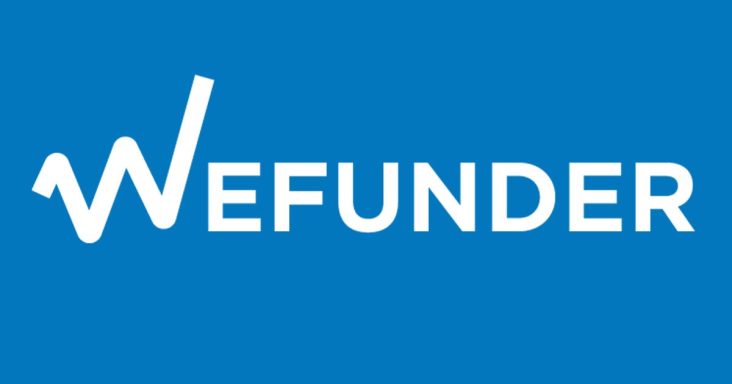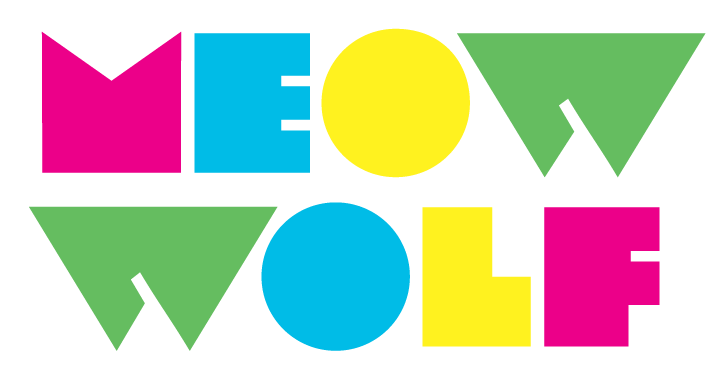Equity investing is an inherently high-risk-high-reward venture, a positive ROI is not guaranteed, and historically not all taxpayers are qualified to participate in the most lucrative investment opportunities. But investments in innovative startups are inarguably essential in moving the national economy forward and contributing to job creation.
For this very reason, QSBS legislation was enacted to inject the investment and startup landscape with incentives for investors making these risky yet highly profitable investments. Over the last decade, the opportunity to get involved in the investment and startup ecosystem has expanded, giving more American taxpayers the potential to not only participate in these investments but also benefit from capital gains tax incentives, where applicable, through a new investment method, crowdfunding.
The introduction and expansion of equity crowdfunding has generated a larger pool of investors and allowed investors to receive beneficial QSBS tax breaks on their eligible stock. This new financial trend has also ushered in the growth of investment platforms specifically designed to encourage, simplify, and streamline crowdfunding to the general public.
In 2021 alone, KingsCrowd reported that Regulation Crowdfunding surpassed $500 million, more than double the investments made on crowdfunding platforms in 2020.
What triggered the exponential growth in crowdfunding?
The JOBS Act legislation, which was signed into law in 2012, stimulated investment funding to small businesses and worked to recultivate the national economy after the recession of 2008 by allowing founders and entrepreneurs to publicly promote their startup capital fundraising. Additionally, the JOBS Act made a way for more taxpayers to take part in these investment opportunities, thus expanding the pool of eligible investors.
During the signing of the JOBS Act, former President Obama spoke highly and hopefully of the potential benefits this legislation would spark on a national level:
“And for start-ups and small businesses, this bill is a potential game-changer. Right now, you can only turn to a limited group of investors — including banks and wealthy individuals — to get funding. Laws that are nearly eight decades old make it impossible for others to invest. But a lot has changed in 80 years, and it’s time our laws did as well. Because of this bill, start-ups and small businesses will now have access to a big, new pool of potential investors — namely, the American people. For the first time, ordinary Americans will be able to go online and invest in entrepreneurs that they believe in.”
Four years after the JOBS Act was passed, Regulation Crowdfunding (Regulation CF) was added. It gave private early-stage companies access to raise venture capital from the entire body of American taxpayers and lessened restrictions on how private startups could raise capital.
Before Regulation CF passed, investors could only participate and contribute in the private equity marketplace if they met certain requirements that made them accredited investors. In the past, qualifying as an accredited investor was centered solely around a person’s overall net worth, keeping many American taxpayers out of the startup investment game.
The Security and Exchange Commission (SEC) adjusted the components to modernize the accredited investor criteria in December of 2020. These recent qualification changes further expanded the eligible pool of potential investors and forged the way for the meteoric rise of crowdfunding investment ventures.
So who are the major crowdfunding platforms, and how do they differentiate themselves?

Today we look at Wefunder, the largest crowdfunding platform during 2021, with $186 million in investments and an approximately 37% market share. Wefunder played an instrumental role in lobbying for crowdfunding laws for nine years, from the platform’s inception until the JOBS Act was signed, thus pioneering and pushing for the legislation that led to the exponential growth of crowdfunding.
How did Wefunder start?
Wefunder was founded in 2011 by Nick Tommarello, Mike Norman, and Greg Belote in San Francisco, California. Startup incubator, Y Combinator, supported Wefunder from their start. The Wefunder team has since grown as exponentially as their crowdfunding influence in the startup marketplace.
The founders of Wefunder first launched the platform to invest in their friends that had innovative business ideas. They also wanted to financially back and support important causes while also helping to build a stronger and more well-rounded national economy. Wefunder holds highly the values of growing and contributing to capitalism on a national level by working to support more startups every year and by taking opportunities to give back to communities around the country. Wefunder delineates this well-defined mission, vision, and values in their Public Benefit Corporation charter.
What types of startups are funded on Wefunder?
One of the many unique aspects of Wefunder is that they fund a variety of startup businesses. The platform funds everything from local neighborhood businesses and restaurants to moonshot startups, like those developing fusion reactors and telescopes used in space.
Here’s a small cross-section of businesses that got their start through raising capital on Wefunder:

Meow Wolf is an interactive and immersive art experience company based in Santa Fe, New Mexico. Wefunder investors raised a hefty $1 million in just over 48 hours in 2017 to grow this startup.

Freight Farms is a leading manufacturer of technology revolving around the container farming industry. The company works to empower people to grow food in their communities. This crowdfunded company continues to grow, raising their Series A and B rounds after raising earlier capital through WeFunder. To date, the company has raised more than $27 million.

Zenefits is a technology company offering cloud-based software as a service to help businesses manage human resources, especially helping with payroll and health insurance coverage. Zenefits was founded in 2013, and within three years, the company’s valuation rose to $4.5 billion. Zenefits is one of the unicorn companies (i.e. valued at over $1 billion) that got its start raising on Wefunder.
Are investments made through crowdfunding eligible for tax incentives such as QSBS?
Not only does crowdfunding generate the ability for non-accredited investors to invest in early-stage companies, but crowdfunding investors can also utilize QSBS benefits for tax-free gains, where eligible.
Qualified Small Business Stock (QSBS) is a provision in Section 1202 of the Internal Revenue Code (IRC) that allows up to a 100% tax exclusion on capital gains— if certain eligibility criteria are met. These requirements are likely to align with the early-stage companies that seek funds through crowdfunding.
Most crowdfunded startup companies have not yet reached the $50 million gross asset threshold, which is one of the primary eligibility factors. Other criteria include entity type and the industry in which the entity does business. Learn more about the eligibility criteria.
Though lucrative, the eligibility requirements for Qualified Small Business Stock are nuanced and must be carefully monitored over a minimum 5-year holding period, to ensure that shareholders can claim the exemption with confidence.
How do I know if a Wefunder investment is QSBS eligible?
Many startup businesses funded on crowdfunding platforms, like Wefunder, may be QSBS eligible. However, to date, Wefunder does not indicate which companies/stock may be QSBS eligible.
Due to the intricate and highly nuanced nature of the QSBS tax code, it’s important for investors to research their current and potential investments in various startup companies to ensure they comply with QSBS eligibility.
If you have questions about the QSBS eligibility of your investment stock that has been invested on the Wefunder platform, there are some options:
- Investors have the opportunity to ensure that their investments are being funded into a QSBS eligible company. Some companies make QSBS representations in their share purchase agreements. However, note that these reps are sometimes stated with limited evidence backing the claim.
- Investors can reach out directly to company management to inquire about specifics and details of the company’s QSBS eligibility requirements.
- Investors can also reach out to our team at Capgains.com. If you would like our assistance in determining if your investments or potential investments on crowdfunding platforms are QSBS eligible, fill out this form to help us better serve your investment needs and questions.
Crowdfunding, QSBS, and 1045 Rollovers
A sister provision in the tax code, Section 1045, provides the ability to roll QSBS gains that have not met the 5-year holding period into other QSBS stock to continue working towards the 5-year holding period. This means an investor does not have to lose the capital gains tax exemption when a sale happens that is out of their control. However, the taxpayer only has 60 days to rollover these gains into a new eligible company.
Crowdfunding platforms offer investors a unique ability to identify companies that both qualify for QSBS and are currently raising funds for a potential rollover opportunity.
Reach out to our team if you are in a position with QSBS capital gains to rollover.
Here at Capgains.com, we specialize in aiding investors and corporations as they navigate QSBS tax exemption qualifications through ensuring shares are eligible and by monitoring QSBS stock eligibility over time. Our team is ready to provide guidance and support throughout the entire lifetime of your eligible stock.
This article does not constitute legal or tax advice. Please consult with your legal or tax advisor with respect to your particular circumstance.

